Find Help
More Items From Ergsy search
-
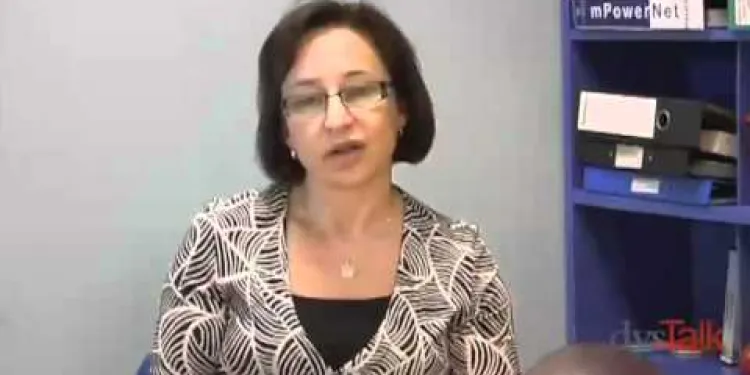
Dyslexia, Dyspraxia & Overlapping Learning Difficulties
Relevance: 100%
-
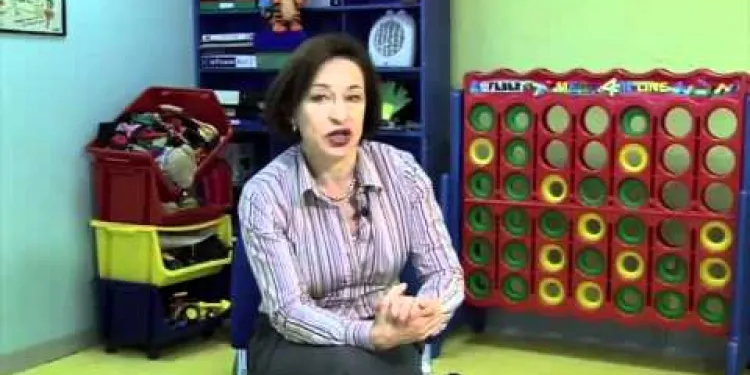
Children With Co-ordination Difficulties and Dyspraxia
Relevance: 44%
-
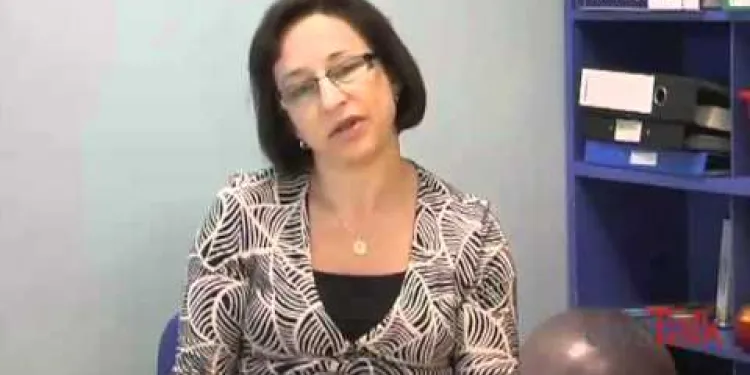
Dyspraxia Symptoms & Signs
Relevance: 38%
-
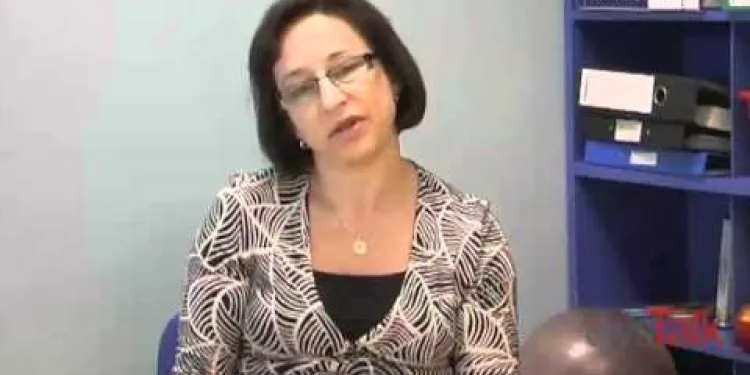
Dyspraxia Symptoms & Signs
Relevance: 36%
-
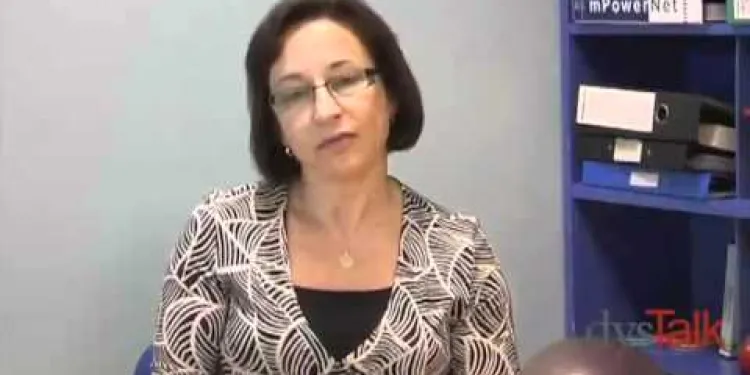
Dyspraxia Children: How to Help
Relevance: 34%
-
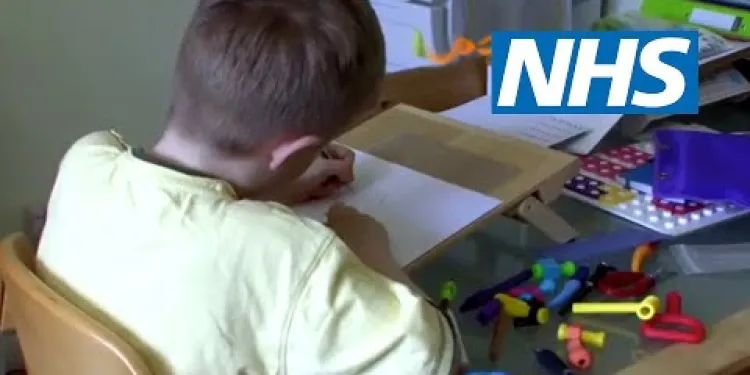
Childhood dyspraxia: James' story | NHS
Relevance: 31%
-

What is Dyspraxia? (Short Version)
Relevance: 31%
-
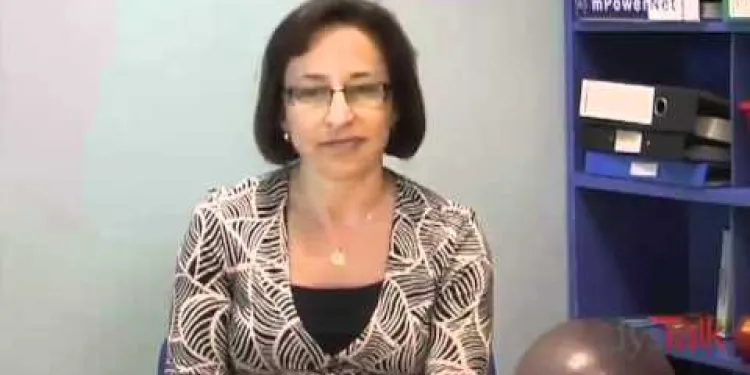
What is Dyspraxia (DCD)?
Relevance: 30%
-
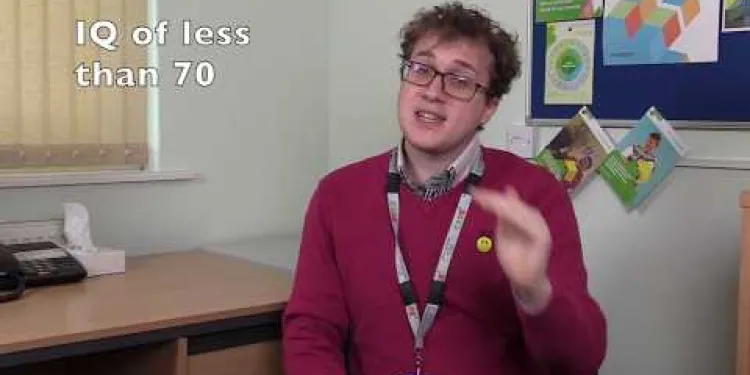
What is a learning disability?
Relevance: 29%
-
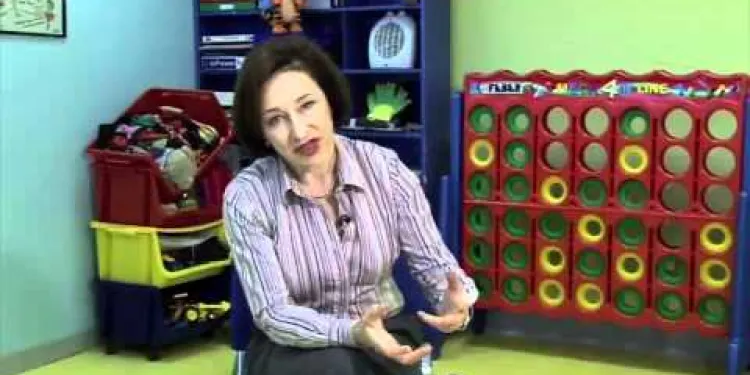
Helping Children With Co-ordination Difficulties
Relevance: 23%
-
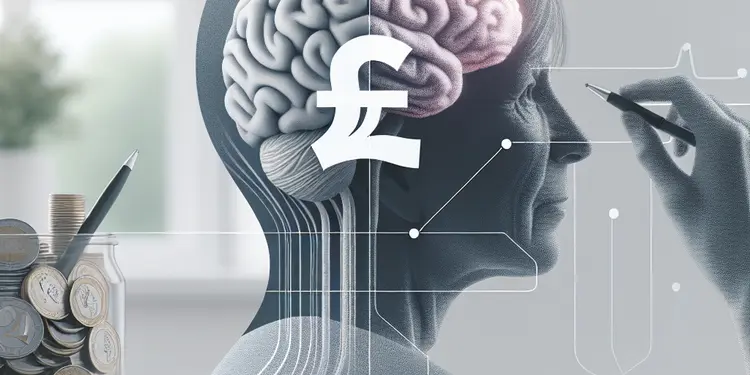
What symptoms can overlap between menopause and the early stages of dementia?
Relevance: 23%
-

What are some common types of SEND?
Relevance: 23%
-

Flu vaccinations for people with a learning disability
Relevance: 15%
-

Where can I learn First Aid?
Relevance: 15%
-

Accessing cervical screening with the right support for people with a learning disability
Relevance: 15%
-

Can I learn first aid as a group?
Relevance: 15%
-

Are there free resources for learning first aid?
Relevance: 14%
-

The NHS Long Term Plan for learning disability and autism
Relevance: 14%
-

Where can I learn first aid online?
Relevance: 14%
-

Can learning a new skill be considered a hobby for older adults?
Relevance: 14%
-

What age is appropriate to start learning first aid?
Relevance: 14%
-

How important is it to learn CPR along with first aid?
Relevance: 13%
-
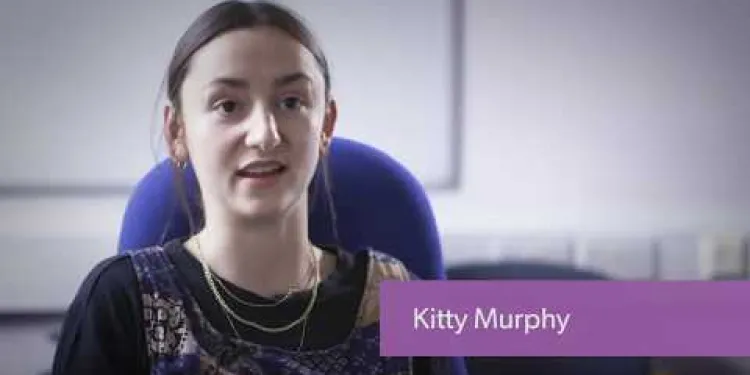
SLaM's Suicide Prevention, Learning and Support Strategy
Relevance: 13%
-

Use of reasonable adjustments to reduce health inequalities for people with a learning disability
Relevance: 13%
-
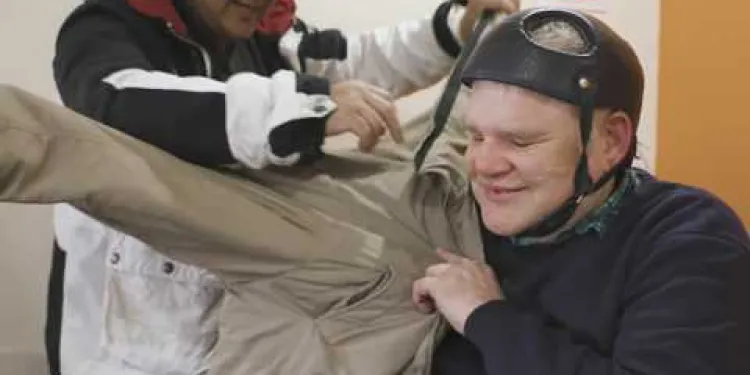
Transforming Care for people with Learning Disabilities and/ or Autism: Peter's Story
Relevance: 12%
-

What are SEND children?
Relevance: 12%
-

Are there online resources to learn more about fraud prevention?
Relevance: 12%
-
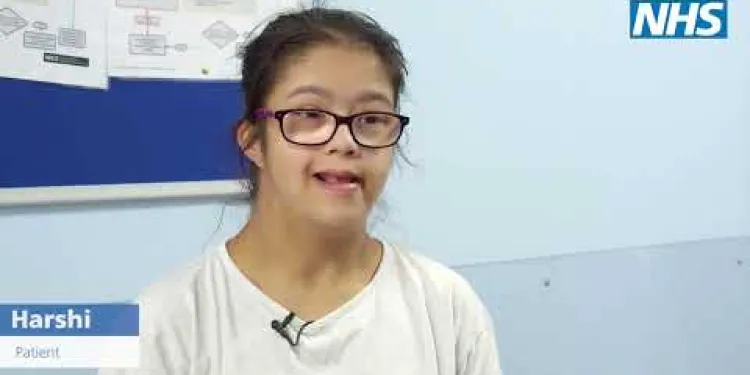
Harshi’s learning disability annual health check and health action plan
Relevance: 11%
-
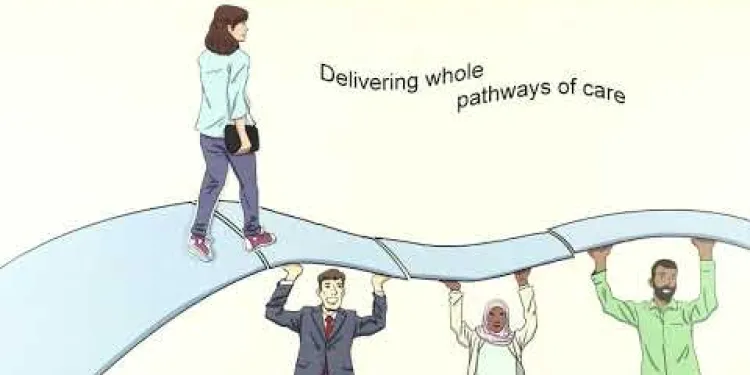
NHS-led Provider Collaboratives: improving mental health, learning disability and autism services
Relevance: 11%
-

What are some common misconceptions about SEND?
Relevance: 10%
-

What is Neurodiversity?
Relevance: 10%
-
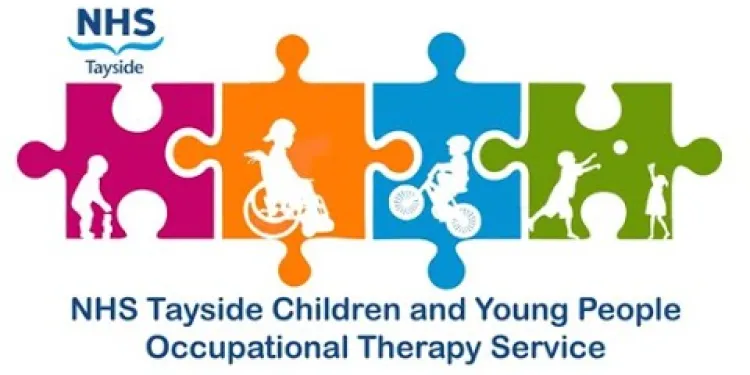
Developmental Coordination Disorder (DCD) for Children and Young People
Relevance: 10%
-

Can I use a voiceover for the DVSA Theory Test?
Relevance: 10%
-

FASD Foetal alcohol
Relevance: 9%
-
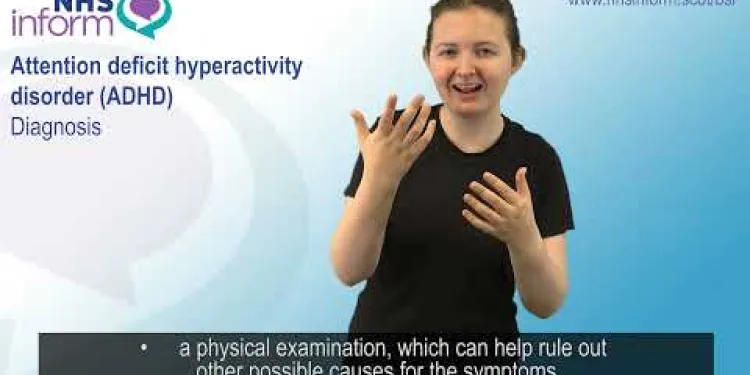
Attention deficit hyperactivity disorder (ADHD) - Diagnosis
Relevance: 9%
-
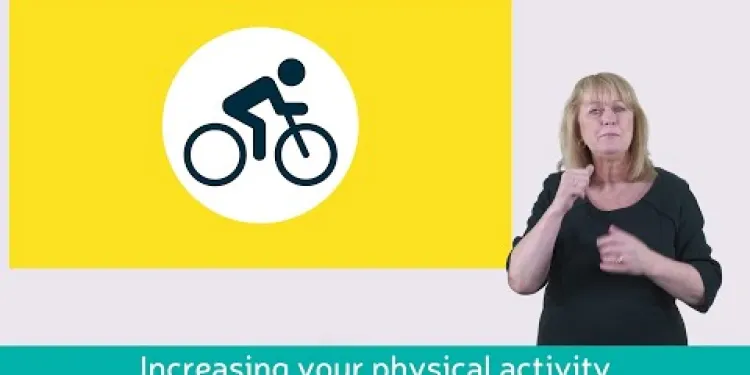
Learn about bowel cancer (British Sign Language version)
Relevance: 9%
-
Where can I learn about real Covid-19 variants?
Relevance: 9%
-

Can I attend open days to learn more about nursing programs in the UK?
Relevance: 8%
-

What should I do if I have been using a baby pillow and learned it might be unsafe?
Relevance: 8%
-
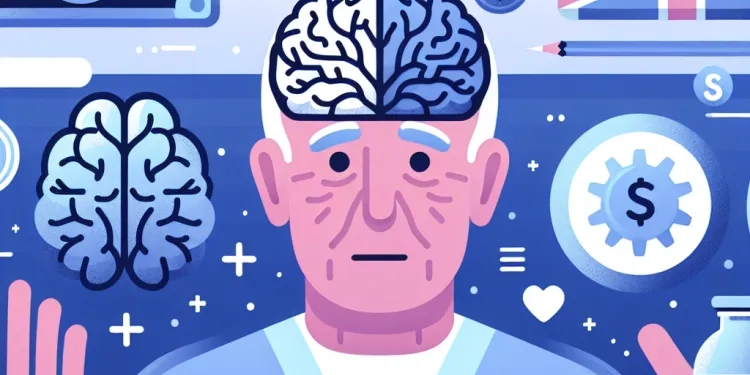
What are the symptoms of Alzheimer's disease?
Relevance: 7%
Understanding Dyslexia, Dyspraxia & Overlapping Learning Difficulties
Dyslexia
Dyslexia is a common learning difficulty that primarily affects skills involved in accurate and fluent word reading and spelling. It is estimated to affect up to 10% of the UK population. Dyslexia is characterised by difficulties with phonological processing, working memory, and processing speed. Despite these challenges, many individuals with dyslexia develop strong creative and problem-solving skills. The British Dyslexia Association provides resources to support individuals with dyslexia in education and the workplace.
Dyspraxia
Dyspraxia, also known as Developmental Coordination Disorder (DCD), affects physical coordination and fine motor skills. Individuals with dyspraxia may have difficulties with tasks like writing, tying shoelaces, and riding a bicycle. In the UK, dyspraxia affects approximately 5-6% of school-aged children. Symptoms can persist into adulthood, impacting daily activities and vocational skills. The Dyspraxia Foundation offers resources and support for individuals and families dealing with dyspraxia.
Overlapping Learning Difficulties
It is not uncommon for individuals to experience overlapping learning difficulties, where dyslexia and dyspraxia co-occur. This overlap can lead to compounded challenges in learning and daily activities. For example, difficulties in reading due to dyslexia might be exacerbated by coordination problems linked to dyspraxia. Early assessment and tailored interventions are crucial in addressing the unique needs of individuals with overlapping learning difficulties. SEN (Special Educational Needs) services in the UK provide support and resources to help manage and mitigate these challenges.
Understanding Dyslexia, Dyspraxia & Overlapping Learning Difficulties
Dyslexia
Dyslexia makes it hard to read and spell words. It affects about 1 in 10 people in the UK. People with dyslexia may find it hard to hear and remember sounds in words. They may read and write slowly. But, they can be very creative and good at solving problems. There are places that can help, like the British Dyslexia Association, which have tools to help with learning and work.
Dyspraxia
Dyspraxia is also called Developmental Coordination Disorder (DCD). It makes it hard to do things like writing, tying shoelaces, or riding a bike. About 5 to 6 out of 100 children in the UK have dyspraxia. It can last into grown-up life and make daily jobs harder. The Dyspraxia Foundation has help and advice for people and families dealing with dyspraxia.
Overlapping Learning Difficulties
Some people have more than one learning difficulty, like both dyslexia and dyspraxia. This can make learning and daily things even harder. For example, someone might have trouble reading and also trouble with coordination. It is important to find out what help is needed early on. In the UK, there are Special Educational Needs (SEN) services that give help and resources. They can help make these challenges easier to manage.
Frequently Asked Questions
What is dyslexia?
Dyslexia is a specific learning difficulty that primarily affects reading and spelling abilities. Individuals with dyslexia may struggle with accurate word recognition, decoding, and spelling despite having normal intelligence.
What is dyspraxia?
Dyspraxia, also known as Developmental Coordination Disorder (DCD), affects motor skill development. People with dyspraxia may have difficulty with coordination, balance, and fine motor tasks, such as writing or tying shoelaces.
How are dyslexia and dyspraxia diagnosed?
Diagnosis often involves assessments by educational psychologists, specialist teachers, or occupational therapists. These assessments typically include a range of tests to evaluate cognitive, motor, and academic skills.
Can dyslexia and dyspraxia occur together?
Yes, dyslexia and dyspraxia can co-occur. It is not uncommon for individuals to experience overlapping learning difficulties, which may also include other conditions such as ADHD.
What are the common signs of dyslexia?
Common signs of dyslexia include difficulties with reading, spelling, writing, and phonological awareness. Children may also show signs of slow reading speed, difficulty following instructions, and avoiding reading-related activities.
What are the typical symptoms of dyspraxia?
Typical symptoms of dyspraxia include clumsiness, poor hand-eye coordination, difficulty with fine motor skills, struggles with tasks like dressing, and delayed speech and language development.
How can schools support students with dyslexia?
Schools can support students with dyslexia by providing tailored learning plans, multi-sensory teaching methods, extra time for tasks, access to assistive technology, and regular feedback and encouragement.
What strategies can help individuals with dyspraxia?
Strategies for helping individuals with dyspraxia include using physical therapies, breaking tasks into smaller steps, employing multi-sensory learning techniques, and providing tools to improve motor skills, such as specialized grips for pens.
Are there specific interventions for dyslexia?
Yes, there are several interventions for dyslexia, including structured literacy programs like the Orton-Gillingham approach, phonics-based reading programs, and the use of technology like text-to-speech software.
Can dyspraxia improve over time?
Dyspraxia is a lifelong condition, but with the right support, individuals can learn strategies to manage their difficulties, and improvement in motor skills and coordination can be achieved with targeted interventions.
What role do parents play in supporting children with dyslexia and dyspraxia?
Parents play a crucial role by providing a supportive environment, advocating for their child’s needs, collaborating with educators, and encouraging their child’s strengths and interests to build self-esteem.
Can adults be diagnosed with dyslexia or dyspraxia?
Yes, adults can be diagnosed with dyslexia or dyspraxia. Many adults are diagnosed later in life as they seek explanations for ongoing challenges or as they begin new educational or professional endeavors.
Are there any legal protections for individuals with dyslexia and dyspraxia in the UK?
Yes, under the Equality Act 2010, individuals with dyslexia and dyspraxia are entitled to reasonable adjustments in education and employment to ensure they are not at a disadvantage due to their disabilities.
What is the significance of early diagnosis of dyslexia and dyspraxia?
Early diagnosis is significant because it allows for timely intervention, which can improve educational outcomes, reduce frustration and anxiety, and provide strategies to manage difficulties more effectively.
Where can I find support and resources for dyslexia and dyspraxia in the UK?
Support and resources can be found through organisations such as the British Dyslexia Association, Dyspraxia Foundation, and local educational authorities. These organisations offer information, support groups, and advocacy services.
What is dyslexia?
Dyslexia is a reading problem. It makes it hard for some people to read and write. People with dyslexia might see words in a mixed-up way. They may read slowly or get confused by letters.
Here are some things that can help:
- Ask someone to read to you.
- Use audiobooks to listen to stories.
- Try reading in a quiet place.
- Practice a little bit every day.
Remember, many people with dyslexia do great things. They just learn in a different way!
Dyslexia is a learning problem that makes reading and spelling hard. People with dyslexia might find it tough to read words correctly, sound out new words, and spell words, even though they are smart.
What is dyspraxia?
Dyspraxia makes it hard to do physical activities. People with dyspraxia might find it tricky to write, tie shoelaces, or do sports.
Here are some ways to help:
- Practice tasks step by step.
- Use special grips for pens or pencils.
- Take breaks when needed.
- Try using a computer for writing.
Dyspraxia is sometimes called Developmental Coordination Disorder (DCD). It makes it hard to move and do things with your body. People with dyspraxia may find it tricky to balance, move smoothly, or do small things like writing or tying shoelaces.
How do doctors find out if someone has dyslexia or dyspraxia?
To find out what help someone needs, experts like school psychologists, special teachers, or therapists do some tests. These tests check how well a person thinks, moves, and learns at school.
If you need help understanding this, you can ask a friend, family member, or teacher to explain it. You can also use tools like audiobooks or reading apps to help you understand better.
Can dyslexia and dyspraxia happen at the same time?
Yes, a person can have both dyslexia and dyspraxia. Dyslexia makes reading and writing hard. Dyspraxia makes moving and coordination difficult. Having both means extra support is important.
If someone has trouble with reading or moving, it can be helpful to:
- Use audio books instead of reading.
- Try speech-to-text tools to help with writing.
- Do simple exercises to improve coordination.
- Ask for help from teachers or therapists.
Remember, everyone learns in their own way, and it's okay to ask for help.
Yes, some people can have both dyslexia and dyspraxia. It's not unusual for someone to have more than one learning difficulty. Sometimes, they might also have things like ADHD at the same time.
What are the common signs of dyslexia?
Dyslexia is when it is hard to read and spell. Here are some signs that someone might have dyslexia:
- Mixing up words that sound the same.
- Muddling letters in words.
- Finding it tough to spell simple words.
- Reading much slower than others.
- Having a hard time understanding what they read.
- Finding it tricky to follow instructions.
To help someone with dyslexia, you can:
- Use audiobooks to listen to stories.
- Break tasks into small, easy steps.
- Use tools with large, clear letters.
Dyslexia can make reading and writing hard. Kids with dyslexia might find it tough to spell words or read quickly. They might also struggle to follow directions or want to stay away from reading books.
Some tools can help, like using pictures, listening to audiobooks, or using computer programs that read words out loud.
What are the common signs of dyspraxia?
Dyspraxia is when the brain has trouble planning and doing movements. People with dyspraxia may:
- Find it hard to balance and might fall often.
- Have messy handwriting.
- Struggle with tying shoelaces or using a knife and fork.
- Have trouble catching a ball or riding a bike.
- Feel clumsy or bump into things a lot.
If you think someone has dyspraxia, you can try:
- Using large pencils or pens that are easier to hold.
- Playing games that help with balance, like hopping or jumping.
- Practicing with simple tasks and doing them step by step.
Remember, it's okay to take your time and ask for help if needed.
People with dyspraxia might find some things tricky.
Here are a few common signs:
- They might be a bit clumsy and bump into things.
- They can have trouble using their hands and eyes together, like catching a ball.
- Doing small things with their hands is hard, like writing or buttoning a shirt.
- Getting dressed might be difficult for them.
- They might take longer to learn talking and new words.
Helpful tools include larger buttons, voice apps for talking, and games that make hand skills better, like puzzles. A speech therapist can also help with talking and understanding words.
How can schools help students with dyslexia?
Dyslexia makes reading hard. Schools can help in many ways.
1. Use simple words: Teachers should use easy words to help students understand.
2. Give extra time: Let students have more time to read and finish their work.
3. Use tools: Schools can use special tools like audio books and computers that read out loud.
4. Small groups: Learning in small groups can help students focus better.
5. Stay positive: Encourage and praise the students to help them feel good and try hard.
Schools can help students with dyslexia by making special learning plans for them. They can use different ways to teach, like using pictures and sounds. Students can have more time to finish their work. Schools can also give them special tools, like computers that read words out loud. It is important to give students feedback and encouragement often.
Ways to Help People with Dyspraxia
Dyspraxia can make it hard to move and do things. Here are some ways to help:
- Make a plan. Break big tasks into small steps.
- Use a calendar. Write down things you need to do each day.
- Ask for help. It's okay to ask a teacher or a friend.
- Practice often. Doing things many times can make it easier.
- Use computer tools. Typing can be easier than writing.
Remember, doing each step one at a time can help.
There are ways to help people with dyspraxia:
- Use physical exercises to get better.
- Break big tasks into small steps so they are easier.
- Learn using many senses. For example, see, hear, and do things at the same time.
- Use special tools to help with movement. For example, grips for pens to help writing.
Can you help if someone has dyslexia?
Yes, there are ways to help people with dyslexia. Some programs can help teach reading in a special way, like the Orton-Gillingham program. These programs use sounds to help with reading. There is also technology that can help, like software that reads text out loud.
Can dyspraxia get better as time goes on?
Dyspraxia can be hard, but people can learn ways to make things easier.
Some tools can help, like:
- Special exercises to help your body move better.
- Using tools to make writing or holding things easier.
- Asking for help when you need it.
Talking with a teacher or therapist can also help a lot.
Dyspraxia lasts for a person's whole life. But with help, people can learn ways to handle the challenges. They can get better at moving their bodies and doing things with practice and support.
How can parents help children with dyslexia and dyspraxia?
Parents can do many things to help their children.
Dyslexia:
- Read with your child every day. It helps them learn.
- Use fun games to teach reading and spelling.
- Be patient and give lots of praise.
- Talk to teachers to understand what your child needs.
Dyspraxia:
- Help your child with tasks that need coordination, like tying shoes.
- Break tasks into small steps.
- Exercise together to build motor skills.
- Work with teachers for support at school.
Using simple tools, like colored overlays, can help. Speaking with specialists may also be beneficial. Always encourage their efforts and celebrate small successes.
Parents have an important job. They help their child by:
- Making a safe and happy place at home.
- Speaking up for their child's needs.
- Working together with teachers.
- Helping their child do things they are good at and enjoy.
This helps the child feel good about themselves.
If you want more help, use tools like picture cards or charts. These can make things clearer and easier to understand.
Can grown-ups find out they have dyslexia or dyspraxia?
Yes, grown-ups can find out they have dyslexia or dyspraxia. These are learning differences that can be found at any age.
Dyslexia makes reading and writing hard. Dyspraxia makes it hard to move and do things with your body.
If you think you have dyslexia or dyspraxia, you can talk to a doctor or a specialist. They can do some tests to see if you have it.
Tools and tips can help: Text-to-speech apps, audiobooks, and making lists can be useful for dyslexia. For dyspraxia, practicing movements, breaking tasks into steps, and using reminders can help.
Yes, grown-ups can find out they have dyslexia or dyspraxia. Some grown-ups learn about it later because they want to understand why things are hard for them, or when they start new school or work projects.
Is there any help from the law for people with dyslexia and dyspraxia in the UK?
People with dyslexia and dyspraxia have rights in the UK. These rights help them at school and work.
If you have dyslexia or dyspraxia, you can ask for extra help. This is called getting support. It can make school and work easier.
Some helpful tools can be:
- A computer or tablet to help with writing.
- Extra time to finish tasks or tests.
- A calm place to work or take tests.
If you need help, you can talk to a teacher or boss. They can help you get these supports.
Yes, the law says people with dyslexia and dyspraxia should get help at school and work. This is so they have the same chances as everyone else.
Why is it important to find out early if someone has dyslexia or dyspraxia?
Finding out early if someone has dyslexia or dyspraxia helps them get the right help. This way, they can learn better and feel more confident.
Use tools like colored overlays for reading or try fun games to practice writing and balancing skills.
Finding out early is important. It helps kids get support sooner. This can make learning better, stop them from feeling upset, and give them ways to handle hard things.
Here are some tools and ideas to help:
- Picture Books: Use books with lots of pictures. They help explain things better.
- Talking Tools: Use apps or devices that read words out loud.
- Break Things Down: Do one small thing at a time.
- Story Time: Read together with a grown-up or friend.
- Fun Games: Play learning games to make it fun.
Where can I get help and information for dyslexia and dyspraxia in the UK?
If you or someone you know has dyslexia or dyspraxia, there are places that can help. Here are some ideas:
- Visit websites with information about dyslexia and dyspraxia.
- Look for local clubs or groups that support people with these conditions.
- Talk to a teacher at school. They might know places or people that can help.
- Ask a doctor for advice or more information.
These can be good ways to find help and learn more.
You can get help from groups like the British Dyslexia Association, Dyspraxia Foundation, and local schools. They have information, support groups, and people who can help speak up for you.
Useful Links
This website offers general information and is not a substitute for professional advice.
Always seek guidance from qualified professionals.
If you have any medical concerns or need urgent help, contact a healthcare professional or emergency services immediately.
Some of this content was generated with AI assistance. We’ve done our best to keep it accurate, helpful, and human-friendly.
- Ergsy carfully checks the information in the videos we provide here.
- Videos shown by Youtube after a video has completed, have NOT been reviewed by ERGSY.
- To view, click the arrow in centre of video.
- Most of the videos you find here will have subtitles and/or closed captions available.
- You may need to turn these on, and choose your preferred language.
- Go to the video you'd like to watch.
- If closed captions (CC) are available, settings will be visible on the bottom right of the video player.
- To turn on Captions, click settings .
- To turn off Captions, click settings again.
More Items From Ergsy search
-

Dyslexia, Dyspraxia & Overlapping Learning Difficulties
Relevance: 100%
-

Children With Co-ordination Difficulties and Dyspraxia
Relevance: 44%
-

Dyspraxia Symptoms & Signs
Relevance: 38%
-

Dyspraxia Symptoms & Signs
Relevance: 36%
-

Dyspraxia Children: How to Help
Relevance: 34%
-

Childhood dyspraxia: James' story | NHS
Relevance: 31%
-

What is Dyspraxia? (Short Version)
Relevance: 31%
-

What is Dyspraxia (DCD)?
Relevance: 30%
-

What is a learning disability?
Relevance: 29%
-

Helping Children With Co-ordination Difficulties
Relevance: 23%
-

What symptoms can overlap between menopause and the early stages of dementia?
Relevance: 23%
-

What are some common types of SEND?
Relevance: 23%
-

Flu vaccinations for people with a learning disability
Relevance: 15%
-

Where can I learn First Aid?
Relevance: 15%
-

Accessing cervical screening with the right support for people with a learning disability
Relevance: 15%
-

Can I learn first aid as a group?
Relevance: 15%
-

Are there free resources for learning first aid?
Relevance: 14%
-

The NHS Long Term Plan for learning disability and autism
Relevance: 14%
-

Where can I learn first aid online?
Relevance: 14%
-

Can learning a new skill be considered a hobby for older adults?
Relevance: 14%
-

What age is appropriate to start learning first aid?
Relevance: 14%
-

How important is it to learn CPR along with first aid?
Relevance: 13%
-

SLaM's Suicide Prevention, Learning and Support Strategy
Relevance: 13%
-

Use of reasonable adjustments to reduce health inequalities for people with a learning disability
Relevance: 13%
-

Transforming Care for people with Learning Disabilities and/ or Autism: Peter's Story
Relevance: 12%
-

What are SEND children?
Relevance: 12%
-

Are there online resources to learn more about fraud prevention?
Relevance: 12%
-

Harshi’s learning disability annual health check and health action plan
Relevance: 11%
-

NHS-led Provider Collaboratives: improving mental health, learning disability and autism services
Relevance: 11%
-

What are some common misconceptions about SEND?
Relevance: 10%
-

What is Neurodiversity?
Relevance: 10%
-

Developmental Coordination Disorder (DCD) for Children and Young People
Relevance: 10%
-

Can I use a voiceover for the DVSA Theory Test?
Relevance: 10%
-

FASD Foetal alcohol
Relevance: 9%
-

Attention deficit hyperactivity disorder (ADHD) - Diagnosis
Relevance: 9%
-

Learn about bowel cancer (British Sign Language version)
Relevance: 9%
-
Where can I learn about real Covid-19 variants?
Relevance: 9%
-

Can I attend open days to learn more about nursing programs in the UK?
Relevance: 8%
-

What should I do if I have been using a baby pillow and learned it might be unsafe?
Relevance: 8%
-

What are the symptoms of Alzheimer's disease?
Relevance: 7%


